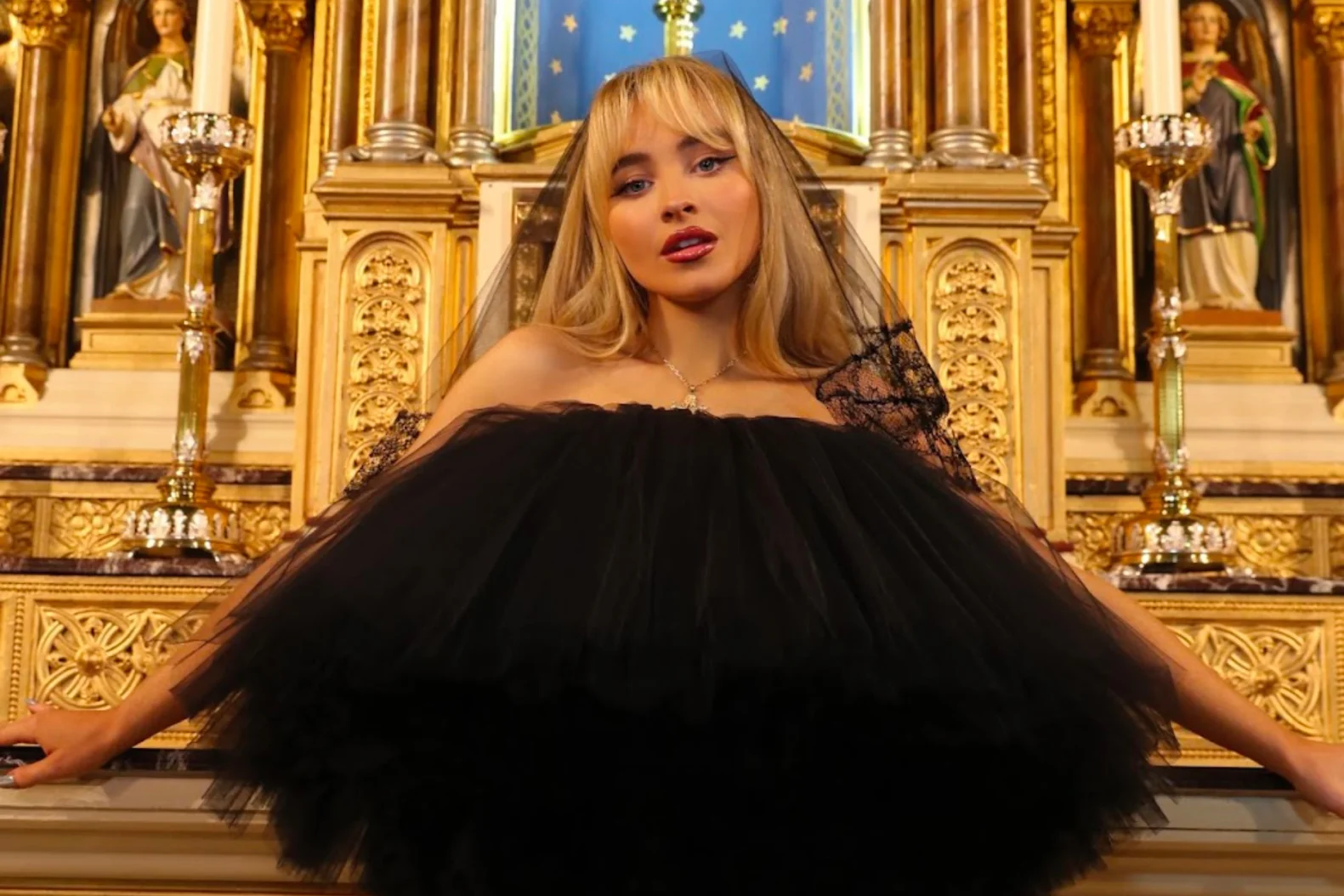The amount of new music out there is truly overwhelming, but Popdust is here for you. Between our indie roundups, music premieres, and interview series, we try to keep you abreast of the best of the music world. Our new series, “Ones to Watch,” seeks to continue that mission. This series will highlight an eclectic […]

